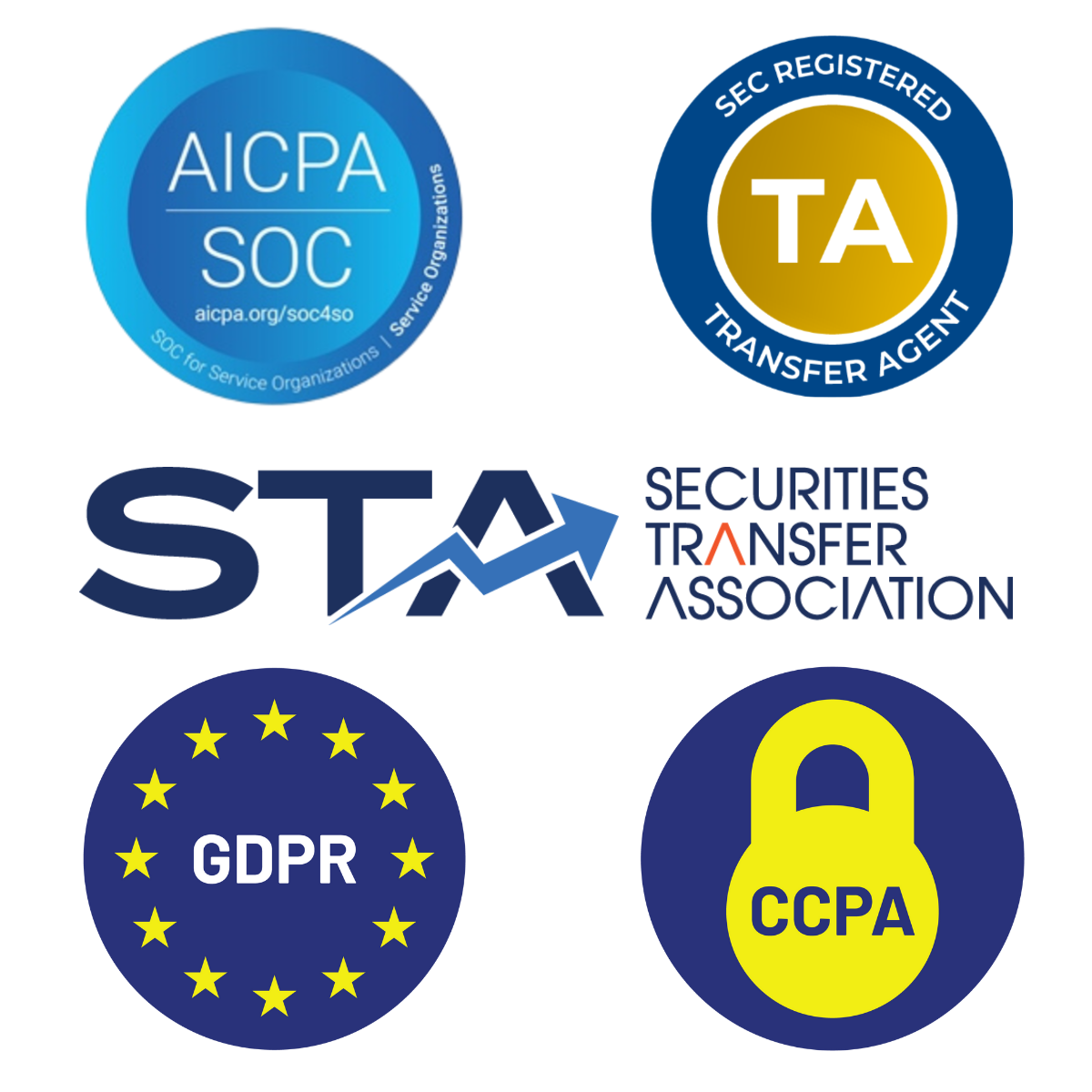The purpose of a fund administration provider is to maintain a professional and systematic back-office process that supports the needs of investors, financial advisors and fund management.
Compliance support is an important aspect of the fund administration role. The functions of a full-service fund administration provider, at the crossroads of investors, advisors and fund management, puts the organization in a natural position to assist with various compliance functions for the fund.
Compliance Services
For a private equity or venture capital fund, a fund administration partner may provide a number of compliance services.
Regulatory Reporting: Assisting with filings and compliance with regulations like the Investment Advisers Act, SEC and IRS requirements.
Performance Reporting: Fund administration may provide reporting on fund performance for GPs, LPs, regulatory bodies or perspective investors – providing a clear, accurate, and comprehensive view of the fund’s financial health and performance.
Compliance Monitoring: Ongoing monitoring and reporting to adhere to regulations, legal requirements and commitments of the fund.

AML Compliance: Verifying investor identities and monitoring transactions to prevent money laundering activities.
OFAC Compliance: Adhering to regulations set by the Office of Foreign Assets Control to prevent transactions with sanctioned entities and countries.
Investor Accreditation: Verifying that investors meet specific income or net worth criteria to invest in the fund.
Tax Compliance: Tax reporting and compliance, including K-1 and 1099 production and distribution.
Audit Support: Providing necessary information and support during external audits.
The engagement of third-party fund administration partner is itself a compliance function. Many institutional investors consider fund administration performed by the fund manager to be an unacceptable operational risk for portfolio funds. Professionalized third-party fund administration is a prerequisite for many institutional investors as part of their due diligence process for fund investments.
Also, most Broker-Dealers (BDs) and Registered Investment Advisors (RIAs) who recommend alternative investments to their retail investor clients prefer to see and sometimes require the use of third-party fund administration for the funds they recommend to ensure that there is appropriate arms-length operations and segregation of duties through the lifecycle of the investment.
Fund Administrator Compliance
In addition to the compliance functions a fund administration firm performs for clients, the regimes to which the fund administration firm is subject are important to consider as well. A number of regimes with which a fund administration firm may or may not be compliant include:

SOC Audited Processes – A System and Organization Controls audit is an assessment of the controls and effectiveness of a service organization’s systems relevant to security, availability, processing integrity, confidentiality and privacy. SOC 1 audits focus on financial reporting; SOC 2 audits focus on data security, privacy and availability.
SEC-Registration – For a transfer agent, registration with the Securities and Exchange Commission shows that the organization has met regulatory requirements including annual filings and regulatory exams by the SEC.
STA Guidelines – Adhering the guidelines of the Securities Transfer Association ensures that a fund administration firm upholds industry best practices for securities transfers, enhancing operational integrity, accuracy and investor confidence in fund management
Data Protection & Privacy Laws: Fund administration providers must comply with data protection regulations including the Gramm-Leach-Bliley Act, the Sarbanes-Oxley Act, the General Data Protection Regulation (GDPR), California Consumer Privacy Act (CCPA) and other applicable state requirements to protect the confidentiality and integrity of customer information.
The services of a fund administration provider can help ensure that a fund operates within the applicable legal framework, complies with regulatory requirements and maintains investor confidence. A good fund administration firm will also assist in removing obstacles found in the traditional settlement process of alternative investments. Understanding the various compliance obligations inside the BD and RIA distribution channels can be very helpful to a fund sponsor. How well a fund administration firm works with its clients to fulfill all compliance their requirements is an important consideration in evaluating a potential fund administration partner.



